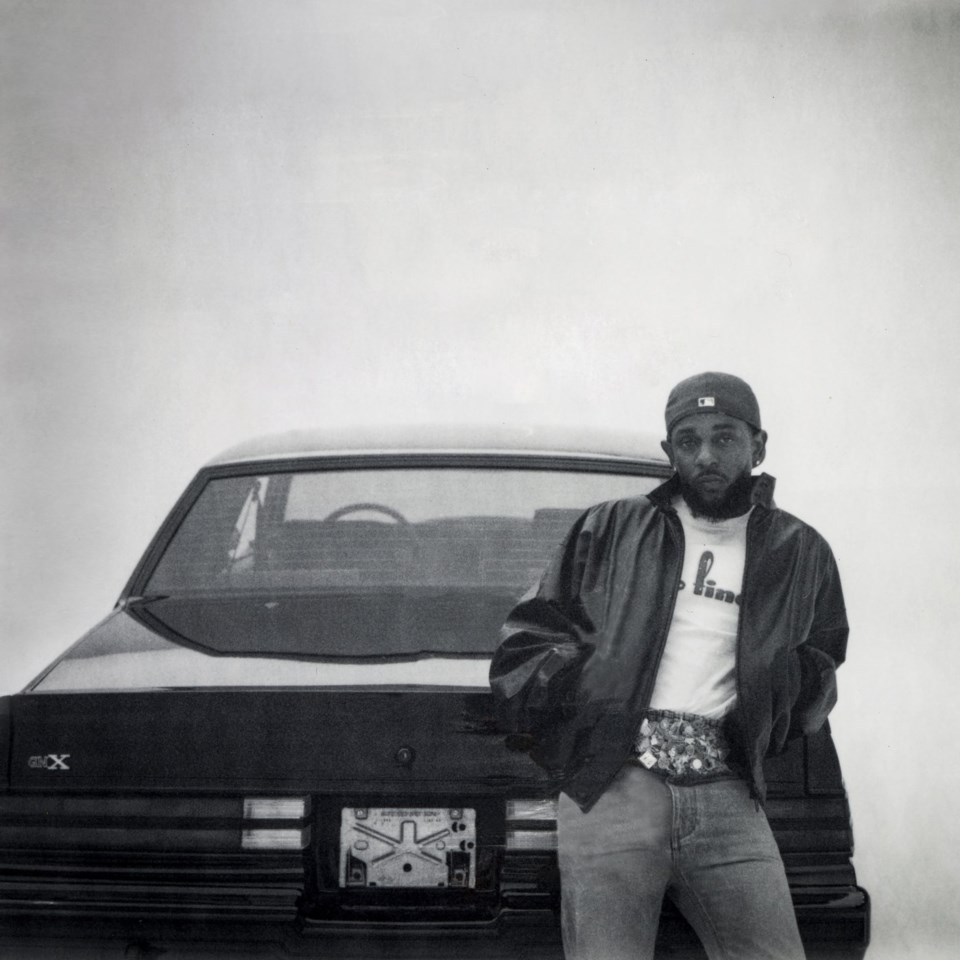With his Kendrick Lamar roars from zero to 60 faster than a turbocharged ’87 Buick, faster than you can shout “Mustaaaaard.” And waaaaay faster than you can decode the dense biblical centerpiece “Reincarnated.”
Keeping the same energy of his landmark Pop Out concert five months ago, Lamar surrounds himself with up-and-coming Los Angeles artists ‚Äî from AzChike to Peysoh ‚Äî and raps over thumping New West Coast soundscapes shaped by his longtime producer Sounwave, along with Jack Antonoff and a garageful of other beat mechanics. He‚Äôs once again ‚Äúpossessed by a spirit,‚Äù sprinkling 2Pac, Biggie and Nas references throughout and maintaining a me-against-the-world antipathy that includes but extends well beyond a certain 91‘≠¥¥: ‚ÄúI just strangled me a GOAT‚Äù and ‚Äúnow it‚Äôs plural.‚Äù
Lil Wayne, Snoop Dogg, Andrew Schulz, and even Fox’s Super Bowl broadcast can’t escape K-Dot’s chaotic crosshairs. Here’s hoping the chorus of “tv off” — an urgent call to “turn this TV off” repeated eight times — confuses the masses during his
This is Lamar leaning into the same creativity-juicing pride, self-righteous anger and supreme confidence that fueled the Grammy-nominated “Not Like Us” and won his Drake feud: “I kill ‘em all before I let ‘em kill my joy.” And yet, as with his first-ever hit “Swimming Pools (Drank),” even the most club-ready braggadocio songs — and there are plenty, including the massive “squabble up” and synth-stabbed Mustard production “hey now” — are slapped with a caution sticker. Introspection is baked into Lamar’s art. In “man at the garden,” he’s surveying his kingdom and glory and declares that while “I deserve it all,” “dangerously / nothing changed with me / still got pain in me.”
At age 37, Lamar remains in peak form (that breath control!) and stands alone in the rap world as a star who bridges generations without chasing trends. He generates his own gravity in the hip-hop universe. Pulling samples from the early ’80s — Debbie Deb, Luther Vandross, Whodini — he’s able to switch cadences and lyrical perspectives mid-song without ever losing the listener.
Album closer “gloria,” one of two tracks featuring former TDE labelmate SZA, is a glorious celebration of the pain and power of writing. In the vein of Common’s “I Used to Love H.E.R.” or Nas’ “I Gave You Power,” Lamar’s love story details a “complicated relationship” that listeners at first may think is about his longtime partner Whitney Alford, but turns out to be dedicated to his pen.
While carefully structured, “GNX” feels a bit more scattershot than Lamar’s traditionally concept-heavy studio albums. And there are hints that this collection of 12 songs is more of a “Part 1” or mixtape-type prelude to something more formal: The brief music video announcing the album features a snippet of a song that doesn’t even appear on “GNX.”
Whatever comes next, has written another thrilling chapter in what remains the most fascinating longform story in hip-hop: an ambitious and searingly talented poet from Compton working through his — and the world’s — contradictions on the biggest stage, forever discomforted by his crown. ___
For more AP reviews of recent music releases, visit:
Ryan Pearson, The Associated Press



